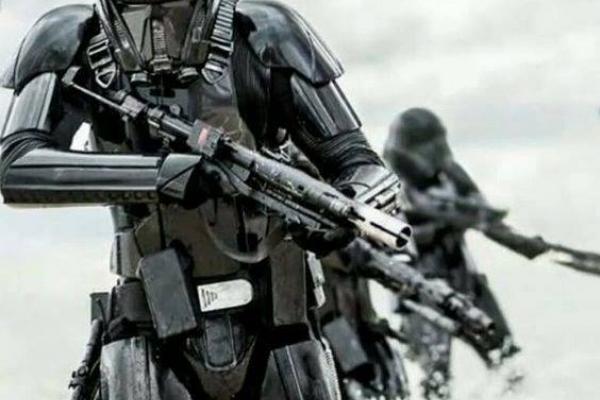Dec 19, 2016
There have been battles throughout the Star Wars films, from the prequels through the original trilogy, and beyond — but where the other films have been mainly swashbuckling escapist fantasy, Rogue One is about the gritty reality of battle on the ground.
Without spoiling it, Rogue One’s story includes a lot of darkness. There are still thrilling heroics, stirring music, and fun characters. But there’s a certain weight here that hasn’t necessarily been present in most of the other films. And that, plus the film’s talented, diverse cast, makes Rogue One a truly unique twist on the familiar format.
Read the Full Article

Already a subscriber? Login
